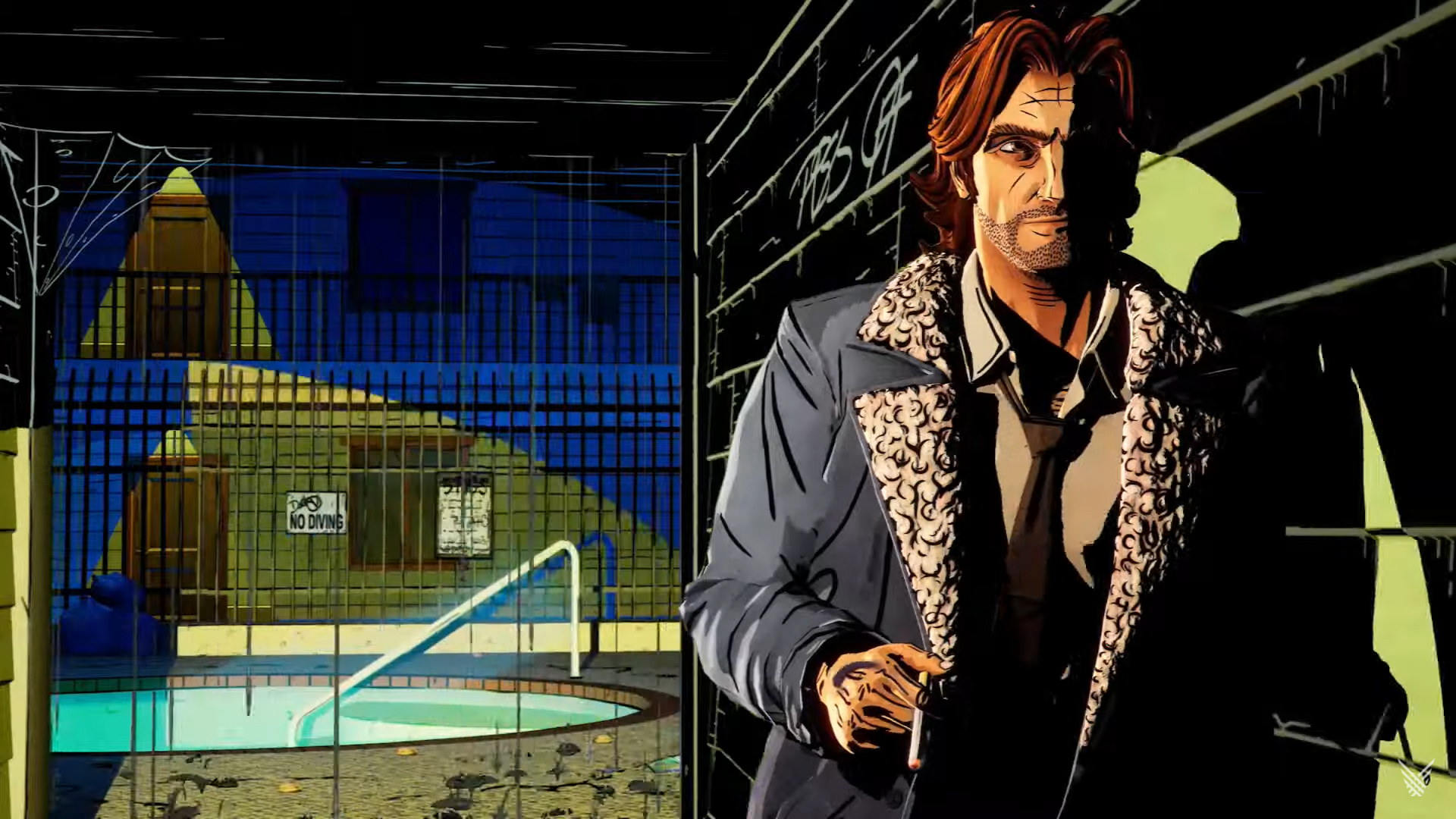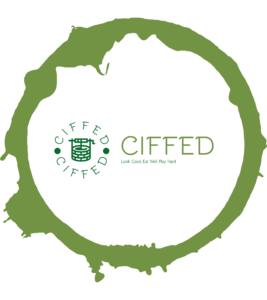Rick Lane
Curated From www.pcgamer.com Check Them Out For More Content.

Well this doesn’t happen very often. Bill Willingham, creator of the Fablesuniverse which serves as the setting for Telltale’s fondly remembered adventure game The Wolf Among Us, has placed the property in the public domain.
The announcement was made in an extensive post on Willingham’s Substack, which opens “As of now, 15 September 2023, the comic book property called Fables, including all related Fables spin-offs and characters, is now in the public domain. It’s done, and as most experts will tell you, once done it cannot be undone.”
Willingham’s reasons for this unusual move are myriad. He explains that his “thoughts on how to reform the trademark and copyright laws” in the United States “have undergone something of a radical transformation” and says the current system is “a mishmash of unethical backroom deals to keep trademarks and copyrights in the hands of large corporations.”
The primary reason, however, seems to be a longstanding dissatisfaction in his relationship with DC Comic, both in how the company has handled the Fables property, and how it has interpreted Willingham’s own contract. “When I first signed my creator-owned publishing contract with DC Comics, the company was run by honest men and women of integrity,” he writes. According to Willigham, these people have since “left or been fired” and replaced by “strangers, of no measurable integrity, who now choose to interpret every facet of our contract in ways that only benefit DC Comics.”
Wilingham goes on to list numerous more specific grievances with DC, several of which relate to Telltale’s adaptation of his universe. He writes that DC officers admitted “their interpretation” of the publishing agreement between DC and Willingham enabled them to “do whatever they wanted with the property,” adding “They could change stories or characters in any way they wanted. They had no obligation whatsoever to protect the integrity and value of the IP, either from themselves, or from third parties (Telltale Games, for instance).”
Renumeration is also a sticking point. Willingham claims that although DC promised “to pay me back monies owed for licensing Fables to Telltale Games” they later “reneged on their word and offered the promised amount instead as a ‘consulting fee’, which avoided the precedent of admitting this was money owed.” This offer also included a “non-disclosure agreement” that would stop Willingham “saying anything but nice things about Telltale or the license.”
Willingham views placing Fables in the public domain as a form of “asymettric warfare,” an alternative to suing DC, which he says he “can’t afford” and lacks “the years to spare.” He adds “if I couldn’t prevent Fables from falling into bad hands, at least this is a way I can arrange that it also falls into many good hands.”
As for what all this means, theoretically anyone should now be able to create their own works based on Willingham’s universe, although he advises that “copyright law is a mess: purposely vague and murky.” Willingham himself is still bound by his agreements with DC, meaning he can’t create or authorise new Fables stories without DC’s say so, and they still have to pay him for any Fables books they publish.
Regarding The Wolf Among Us, the situation is less clear, although that’s nothing new. It’s been almost a decade the first season of Telltale’s adventure series was released, in which time the company collapsed spectacularly and was then resurrected under LGC Entertainment, though this studio bears little resemblance to the original Telltale. In any case, that studio is currently working on a follow-up to The Wolf Among Us, though that was recently delayed into 2024 because Telltale is concerned about “protecting the health of its team,” something the original developer was notorious for not doing.
We’ve reached out to Telltale Games for comment, and will update this story if we receive a reply.

